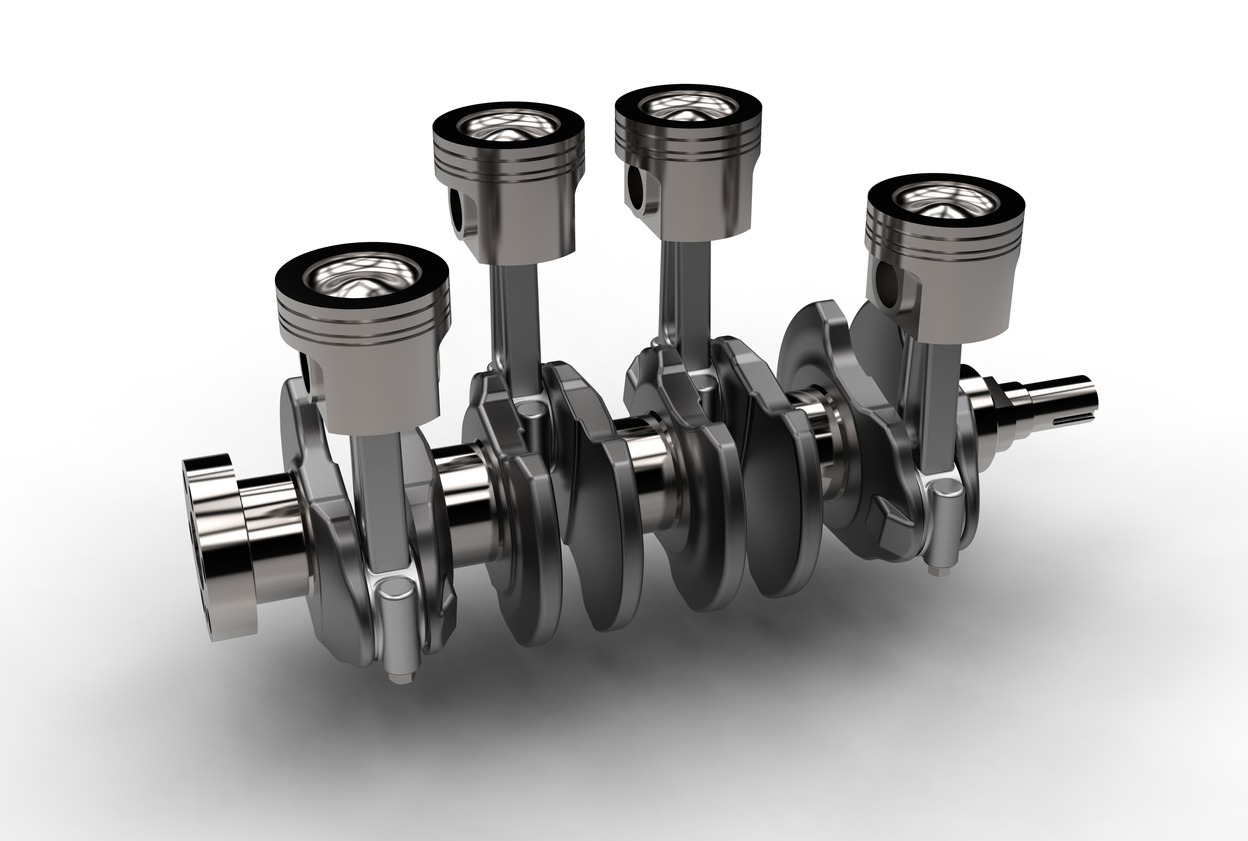Our modern world developed into a fast-paced environment, wherein we often rely on machines to help us with various tasks. These machines come in different designs, efficiency, and action, but one thing is for sure, they make our works a lot easier.
All of us might be familiar with machines since they are often shown in our pop culture. Furthermore, our school teachers may already give us an insight into the principles of various machines. In other words, these mechanical structures became a significant part of our society, and many engineers continue to contribute and improve itto the benefit of humans.
Interestingly, the advancement of machines in our world is not just a product of interest, but a result of countless studies by several scientists. The creation of these mechanical structures is based on scientific principles, which allow them to perform an intended action.
Moreover, machines are a part of a much more specific branch of science called mechanical engineering. Similar to other branches of engineering, mechanical engineering focuses on the application of core scientific principles to produce, design, and analyze machines.
In this article, we are going to look into the more in-depth definition of mechanical engineering, and how it started as a branch of science.
What is Mechanical Engineering?
As mentioned earlier, mechanical engineering is a branch of engineering and technology devoted to the application of core scientific principles, such as mechanics, dynamics, thermodynamics, material science, structural analysis, and electricity. This field of engineering has a mixture of fundamental engineering principles – including engineering physics, mathematics, as well as material science.
Besides all of the required knowledge, mechanical engineers also use various tools and equipment to help them design, analyze, and manufacture mechanical systems. The advancement of mechanical engineering led to the creation of different machines that we use in our modern world. These machines include transportation systems, industrial equipment, aircraft, ‘heating and cooling’ systems, medical devices, and many others. The creation of such devices made a remarkable shift in our society, wherein we can adapt easier into fast-paced environments.
It is evident in our world today that mechanical engineering helped in making our daily tasks easier, and it allows us to perform some tasks more accurately and efficiently. However, like any other branch of science, the field of mechanical engineering also paved its way throughout history with the help of several scientists.
What is the origin of mechanical engineering?
We can trace back the origin of mechanical engineering to ancient times. The earliest accounts of invented machines were only ‘simple machines,’ such as the wedge, inclined plane, ‘the wheel and axle,’ lever, and pulley. Some of these simple machines were already present during prehistoric times, while others started to exist during the 5th century BC.
Furthermore, great inventions were made during the 4th century by ancient Persian. They were responsible for the creation of practical water-powered machines, such as the water wheel and watermill. Hundreds of years later, in the 2nd century BC, the great Greek mathematician and physicist Archimedes made his contributions in the development of mechanics, which influenced the Western tradition. Apart from these, many other inventors and engineers from different parts of the globe made their inventions that left a significant impact on the advancement of machines.
Moreover, a breakthrough in the development of mechanical engineering was made during the 13th century. It was from the works of the great Muslim inventors, such as Al-Jazari, who was popularized by his book entitled ‘Book of knowledge of Ingenious Mechanical Devices.’ The works of Al-Jazari became an influence to other engineers. One of his well-known inventions was the crankshaft and camshaft, which continue to serve as a fundamental component in modern machines.
Fast-forward to the 17th century when the development of engineering started to advance rapidly. It was when Sir Isaan Newton formulated Newton’s Laws of Motion, as well as developed Calculus. His works made a huge impact not just in engineering, but also in science as a whole. The works of Newton are essential to the advancement of engineering since it serves as a fundamental scientific principle.
Throughout the years, many other scientists continue to develop the application of mechanical engineering until it reached the advanced stage that it is today. In our modern world, mechanical engineering proves to be one of the most essential and oldest forms of engineering, wherein many of our daily necessities would not exist without this branch of science.
